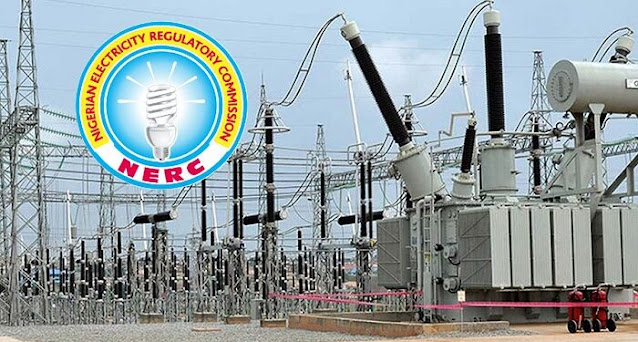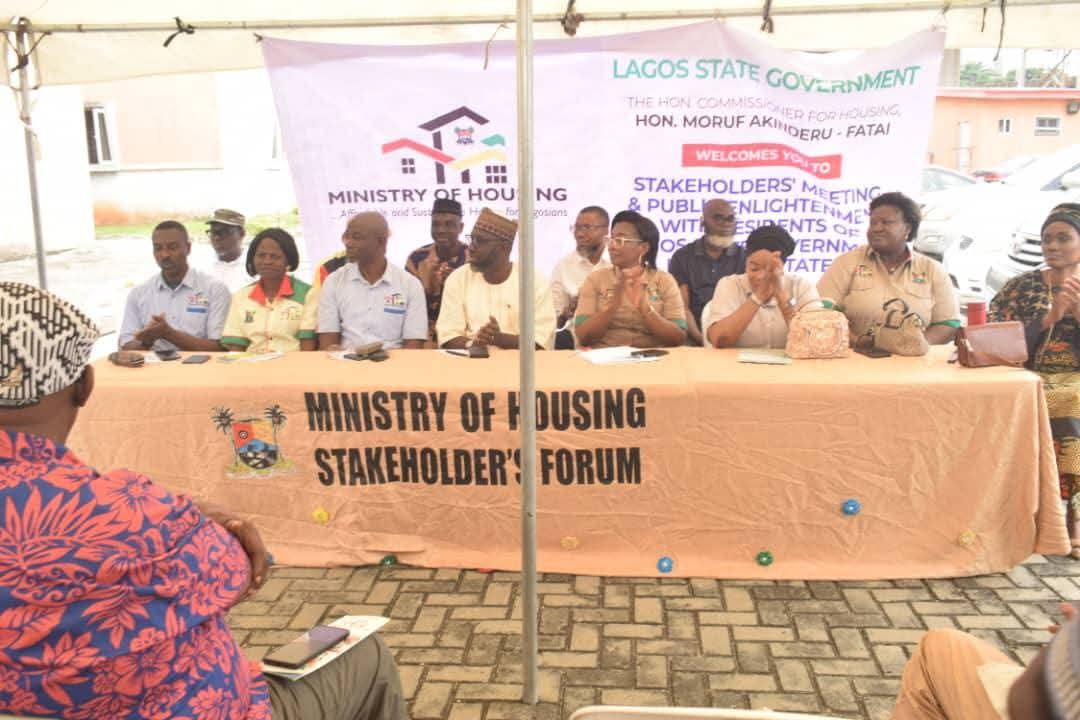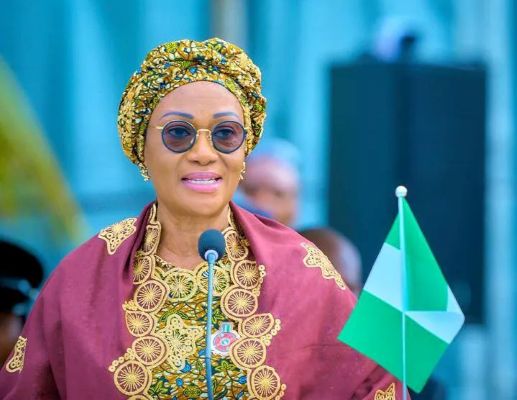In a significant step toward decentralizing Nigeria’s electricity sector, the Nigerian Electricity Regulatory Commission (NERC) has formally transferred regulatory oversight of the electricity market in Bayelsa State to the Bayelsa State Electricity Regulatory Agency (BYERA). The announcement, made on Monday, August 25, 2025, via NERC’s official X handle, aligns with recent constitutional amendments and the provisions of the Electricity Act (EA) 2023, which empower states to regulate electricity generation, transmission, and distribution within their jurisdictions. This move represents a pivotal moment in Nigeria’s ongoing efforts to reform its power sector, enhance energy access, and promote localized governance of electricity markets.
The transfer of regulatory control to BYERA is part of a broader initiative to devolve power sector responsibilities to state governments, enabling them to address local energy needs more effectively. By granting states greater autonomy, the Electricity Act 2023 aims to improve efficiency, attract investment, and foster innovation in Nigeria’s electricity sector, which has long been plagued by inefficiencies, inadequate infrastructure, and unreliable supply. The transition in Bayelsa follows similar handovers in other states, signaling a transformative shift toward a more decentralized and responsive power sector.
Details of the Regulatory Transfer
NERC’s announcement outlined the key directives and timelines for the transfer of regulatory oversight to BYERA. According to the statement, “In compliance with the amended Constitution of the Federal Republic of Nigeria and the Electricity Act 2023 (Amended), the Nigerian Electricity Regulatory Commission has issued an order to transfer regulatory oversight of the electricity market in Bayelsa State from the Commission to the Bayelsa State Electricity Regulatory Agency.” This order marks a formal shift in authority, empowering BYERA to oversee all aspects of electricity generation, transmission, and distribution within Bayelsa State.
As part of the transition, NERC has directed the Port Harcourt Electricity Distribution Company Plc (PHED), which currently serves Bayelsa and other states in the South-South region, to establish a new subsidiary named PHED SubCo. This entity will be responsible for managing intrastate electricity supply and distribution in Bayelsa State. NERC specified that “PHED shall complete the incorporation of PHED SubCo within 60 days from 21st August 2025,” setting a deadline of October 20, 2025, for the establishment of the subsidiary. Additionally, PHED SubCo will be required to secure a license from BYERA to operate legally within the state.
To ensure a smooth transition, NERC has set February 20, 2026, as the deadline for completing all regulatory and operational handovers to BYERA. This timeline provides a structured framework for transferring responsibilities, ensuring that the new regulatory framework is fully operational and capable of addressing Bayelsa’s energy needs. During this period, PHED and BYERA will work collaboratively to finalize the necessary legal, operational, and technical arrangements, ensuring continuity of service for consumers.
NERC also clarified its ongoing role in Nigeria’s electricity sector, stating that it will continue to serve as the central regulator for interstate and international electricity generation, transmission, trading, and system operations. This delineation of responsibilities ensures that while states like Bayelsa assume control over their local electricity markets, NERC retains oversight of cross-border and national-level activities, maintaining a cohesive and coordinated power sector framework.
Context and Significance of the Electricity Act 2023
The transfer of regulatory oversight to BYERA is a direct outcome of the Electricity Act 2023, a landmark piece of legislation that has reshaped Nigeria’s power sector. Signed into law by President Bola Ahmed Tinubu, the Act amends the 1999 Constitution to grant states greater authority over electricity generation, transmission, and distribution within their territories. This devolution of power is designed to address longstanding challenges in the sector, including inadequate generation capacity, transmission losses, and inefficient distribution systems.
Prior to the Electricity Act 2023, Nigeria’s power sector was largely centralized, with NERC serving as the sole regulatory authority for electricity markets nationwide. While this model allowed for uniform standards, it often failed to address the unique needs of individual states, particularly those in remote or underserved regions. The centralization of regulatory authority also limited states’ ability to attract investment, implement localized solutions, and address specific energy challenges.
The Electricity Act 2023 seeks to address these shortcomings by empowering states to establish their own regulatory bodies and tailor electricity policies to their local contexts. By decentralizing regulation, the Act aims to foster competition, encourage private-sector participation, and promote innovation in the power sector. The transfer of oversight to BYERA is a practical manifestation of this policy, enabling Bayelsa State to take charge of its electricity market and address the specific needs of its residents and businesses.
Bayelsa’s Energy Landscape and Challenges
Bayelsa State, located in Nigeria’s South-South region, is a critical economic hub known for its significant oil and gas resources. However, like many parts of Nigeria, the state faces persistent challenges in accessing reliable and affordable electricity. The national grid, which supplies power to Bayelsa through PHED, has been plagued by frequent outages, inadequate capacity, and aging infrastructure. These issues have hindered economic development, limited industrial growth, and placed significant burdens on households and businesses that rely on costly alternatives like diesel generators.
The establishment of BYERA and the transfer of regulatory oversight represent an opportunity for Bayelsa to address these challenges through localized policies and investments. By taking control of its electricity market, the state can prioritize projects that enhance energy access, improve reliability, and reduce costs for consumers. For example, BYERA could explore renewable energy solutions, such as solar or wind power, to complement the national grid and provide sustainable electricity to rural and underserved communities.
The creation of PHED SubCo is a critical component of this transition, as it ensures that electricity distribution in Bayelsa is managed by an entity accountable to the state’s regulatory authority. By obtaining a license from BYERA, PHED SubCo will be required to adhere to state-specific standards and regulations, ensuring that the needs of Bayelsa’s residents are prioritized. This localized approach is expected to improve service delivery, enhance transparency, and foster accountability in the electricity distribution process.
A Broader Trend of Decentralization
The transfer of regulatory oversight to BYERA is part of a broader trend of decentralization in Nigeria’s power sector, driven by the Electricity Act 2023. Earlier in 2025, NERC transferred market regulation to Abia, Plateau, and Niger states, establishing the Abia State Electricity Regulatory Authority (ASERA), Plateau State Electricity Regulatory Commission (PSERC), and Niger State Electricity Regulatory Commission (NSERC), respectively. In August 2025, Nasarawa State also assumed regulatory authority through the Nasarawa State Electricity Regulatory Commission (NASERC).
In 2024, the Federal Government approved similar transitions for Lagos, Ogun, Ekiti, and Ondo states, leading to the creation of the Lagos State Electricity Regulatory Commission (LASERC), Ogun State Electricity Regulatory Commission (OGERC), Ekiti State Electricity Regulatory Bureau (EERB), and Ondo State Electricity Regulatory Bureau (OSERB). These transitions reflect a growing recognition of the need for state-level governance in the power sector, particularly in a country as diverse and geographically varied as Nigeria.
The decentralization of electricity regulation offers several benefits. First, it allows states to tailor policies to their specific energy needs, whether by investing in renewable energy, upgrading distribution networks, or addressing tariff structures. Second, it fosters competition among states, encouraging innovation and efficiency in the power sector. Third, it creates opportunities for private-sector investment, as states can offer incentives and streamlined regulatory processes to attract developers and investors.
However, the transition also presents challenges. States must build the capacity to regulate their electricity markets effectively, including establishing robust regulatory frameworks, training personnel, and ensuring compliance with national standards. Additionally, the creation of state-specific subsidiaries like PHED SubCo requires careful coordination to avoid disruptions in service delivery. NERC’s role as a central regulator for interstate and international operations will be critical in ensuring consistency and coordination across the country.
Implications for Bayelsa and Nigeria’s Power Sector
The transfer of regulatory oversight to BYERA has significant implications for Bayelsa’s energy landscape and Nigeria’s broader power sector. For Bayelsa, the transition offers an opportunity to address longstanding challenges such as unreliable power supply, high tariffs, and limited access in rural areas. BYERA can work with PHED SubCo to improve distribution efficiency, invest in renewable energy projects, and implement consumer-friendly policies that prioritize affordability and accessibility.
The establishment of PHED SubCo also creates a framework for greater accountability and transparency in Bayelsa’s electricity market. By operating under BYERA’s oversight, the subsidiary will be required to meet state-specific performance standards, ensuring that consumers receive reliable and high-quality service. This localized approach could also attract investment to Bayelsa’s power sector, particularly in areas such as off-grid solutions and renewable energy projects.
Nationally, the transfer of regulatory oversight to Bayelsa and other states signals a transformative shift in Nigeria’s power sector. By empowering states to take control of their electricity markets, the Electricity Act 2023 is fostering a more decentralized and responsive system that can better address the country’s diverse energy needs. This approach aligns with global trends toward decentralized energy systems, where localized solutions are used to complement national grids and improve energy access.
The transition also highlights the importance of collaboration between federal and state authorities. NERC’s role in overseeing the handover process and setting clear timelines ensures a structured and orderly transition. By providing guidance and support to state regulators like BYERA, NERC is helping to build capacity and ensure the success of the decentralization process.
Challenges and Opportunities Ahead
While the transfer of regulatory oversight to BYERA is a positive development, it is not without challenges. Building a robust regulatory framework requires significant resources, including trained personnel, technical expertise, and financial support. Bayelsa must invest in capacity building to ensure that BYERA can effectively oversee the state’s electricity market and address consumer concerns.
Additionally, the creation of PHED SubCo and the handover of operational responsibilities must be carefully managed to avoid disruptions in service delivery. Consumers in Bayelsa will expect improvements in reliability and affordability, and BYERA will need to work closely with PHED SubCo to meet these expectations. The February 20, 2026, deadline for completing the handover provides a clear timeline but also underscores the urgency of the task.
Despite these challenges, the transition presents significant opportunities for Bayelsa and Nigeria as a whole. By taking control of its electricity market, Bayelsa can prioritize projects that drive economic development, such as powering industrial zones, supporting small businesses, and improving access in rural communities. The focus on renewable energy, as seen in other states, could also position Bayelsa as a leader in sustainable energy solutions.
For Nigeria, the decentralization of electricity regulation offers a path toward a more resilient and inclusive power sector. By empowering states to address their unique energy challenges, the Electricity Act 2023 is creating a framework for innovation, investment, and improved service delivery. As more states assume regulatory authority, the collective impact could transform Nigeria’s energy landscape, reducing reliance on the national grid and fostering sustainable development.
The transfer of regulatory oversight of Bayelsa State’s electricity market to BYERA marks a significant milestone in Nigeria’s journey toward a decentralized and efficient power sector. Enabled by the Electricity Act 2023, this transition empowers Bayelsa to address its unique energy needs, improve reliability, and attract investment. The establishment of PHED SubCo and the clear timelines set by NERC ensure a structured handover, while the broader trend of decentralization across states like Abia, Plateau, Niger, and others reflects a transformative shift in Nigeria’s energy governance.
As Bayelsa takes control of its electricity market, the state has an opportunity to drive economic growth, enhance energy access, and promote sustainability. However, challenges such as capacity building and affordability must be addressed to ensure the success of this transition. With NERC’s continued oversight of interstate and international operations, Nigeria is building a more resilient and responsive power sector that can meet the needs of its diverse population. The transfer to BYERA is a step toward a brighter energy future for Bayelsa and a testament to the power of decentralization in transforming Nigeria’s electricity landscape.







